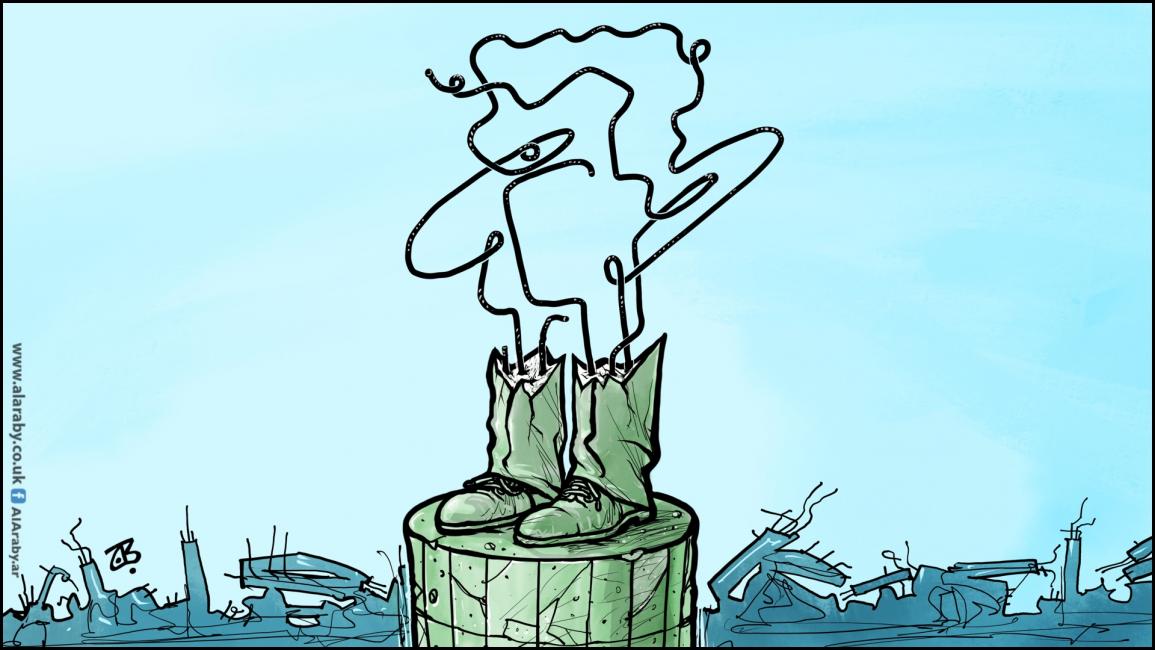After twelve years of battling against a system characterized by injustice and corruption, it appears that Syrians have either reached or are rapidly approaching a national consensus. This consensus revolves around the realization that their crisis cannot be resolved, and normalcy cannot be restored to their country without significant political change. This change is envisaged to address the aftermath of the calamities that have befallen them. Among these are the release of detainees or the revelation of their fates, the repatriation of refugees, the reclamation of scientific expertise and skilled expatriates, the reconstruction of war-ravaged infrastructure, the fortification of state institutions, and the expulsion of foreign forces and militias. An imperative aspect also involves establishing a truth and justice commission and achieving national reconciliation.
While these demands were voiced by a substantial portion of Syrians years ago, a consensus regarding most, if not all, of them is now crystallizing. This shift is a direct result of the cessation of major military confrontations and the shock of realizing the arduousness of returning to the normal life they had once taken for granted. The true cost of managing their crisis has been revealed, exposing the extensive destruction inflicted on individuals, society, the economy, infrastructure, and vital sectors like education, health, and community security. Militia leaders and warlords exert control over the remaining capabilities within their spheres of influence, exacerbating the country’s fragmentation.
Syria Today – Protests Continue; SDF and Arab Tribesmen Clash
This awareness, the need for change and the consensus surrounding it, has developed as different sectarian groups (Sunnis, Alawites, Druze, Ismailis, and others) come to terms with the reality that the current situation is untenable. Many who were initially neutral or hesitant about change now understand that turning a blind eye to the past decade and striving for a return to normalcy is an illusion. These aspirations have crumbled against the unyielding reality.
Recent developments, including the earthquake that struck parts of Syria at the start of the year and the wave of Arab and regional normalization with the regime, have demonstrated the folly of hoping to overcome the crisis without incurring the necessary costs for a viable solution. States aren’t charitable organizations; they prioritize their own interests. This underscores the significance of a political solution as the sole means of extricating Syria from its current predicament. A political solution addresses problems such as refugees, terrorism, and narcotics that concern neighbouring countries. Additionally, the issue of sanctions, which many reject on principle, is now tied to the broader political solution for Western nations, as is financing the reconstruction process.
The outlook for Syria might darken in the upcoming phase. Pressures on Syrians are expected to intensify as winter approaches, resources dwindle, the state faces insolvency, and the most basic necessities—food and medicine—become scarce. Illusions about enhancing conditions without a shift in strategies and policies are dissipating. The regime’s allies also face their own issues that hinder their usual support. The consequences of the war in Ukraine and sanctions on the Russian economy have begun to surface, while China contends with its mounting debt. Iran grapples with an economic and social crisis of its own. If the regime persists in resisting change and underestimating the populace’s desire for it, Syria may enter an unprecedented and darker phase of the crisis.
For the benefit of Syria and its people, a smooth and mutually agreed-upon political change is preferable in light of the emerging national consensus on its inevitability. This offers a glimmer of hope for bridging the divisions that have torn apart the societal fabric and nearly obliterated centuries-old opportunities for coexistence. It’s a better prospect than a complete collapse under the current trajectory.
This article was translated and edited by The Syrian Observer. The Syrian Observer has not verified the content of this story. Responsibility for the information and views set out in this article lies entirely with the author.


